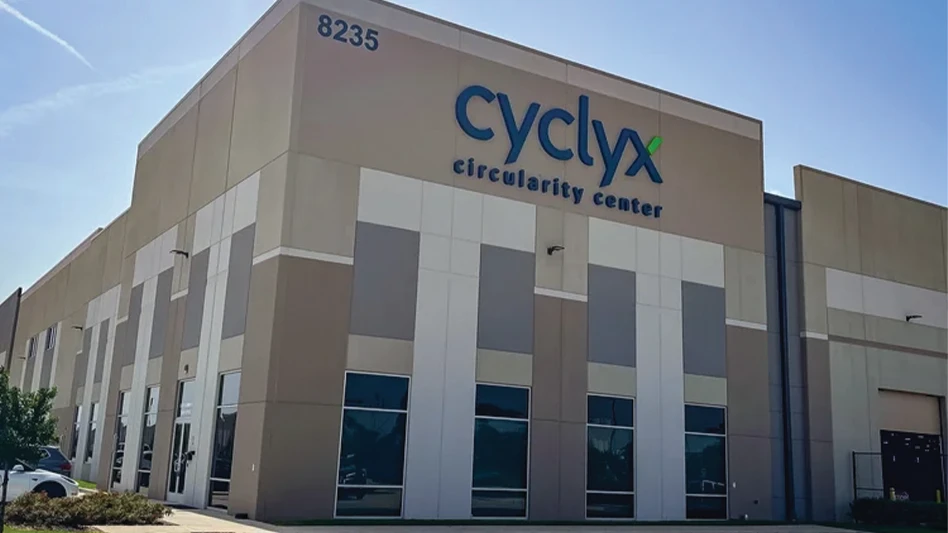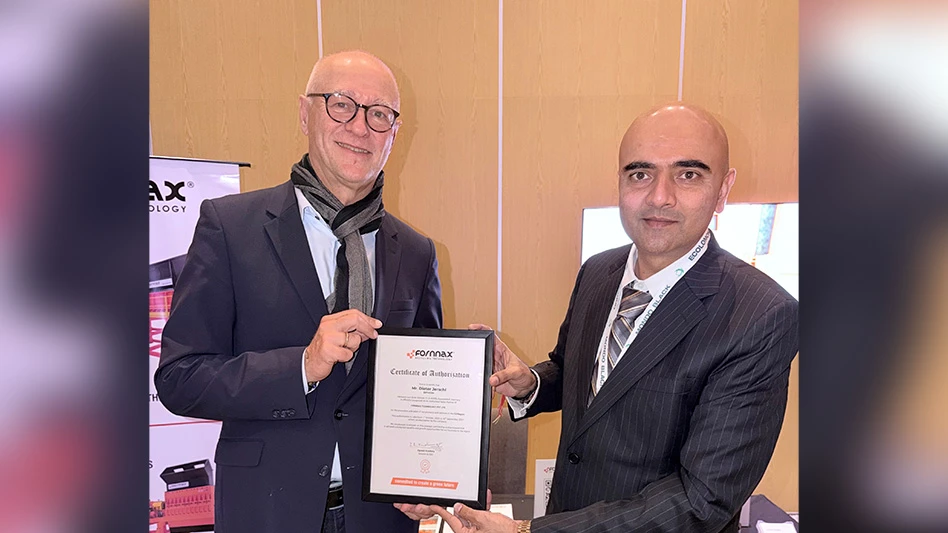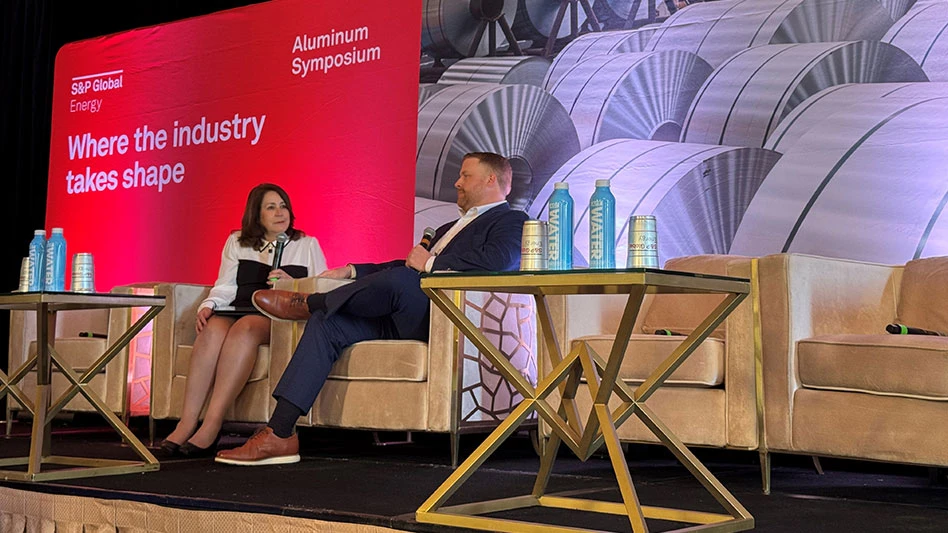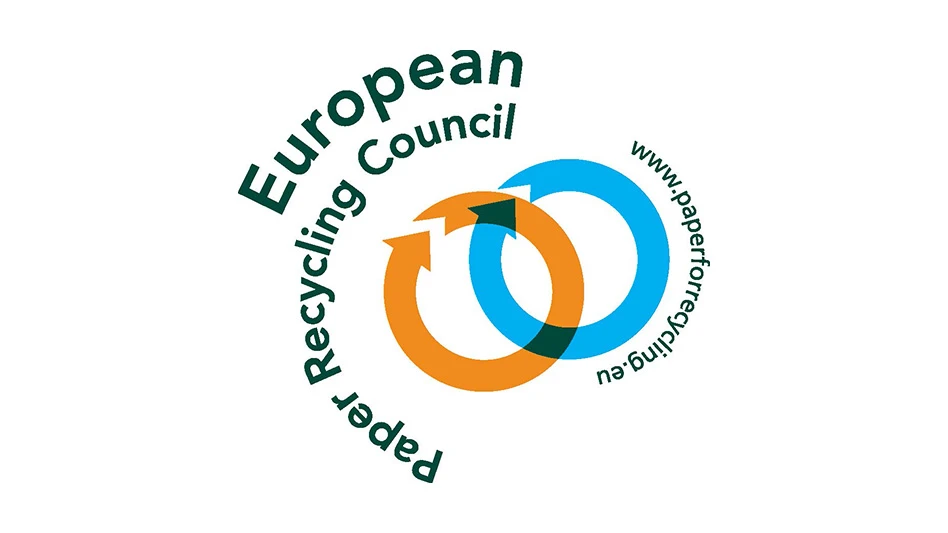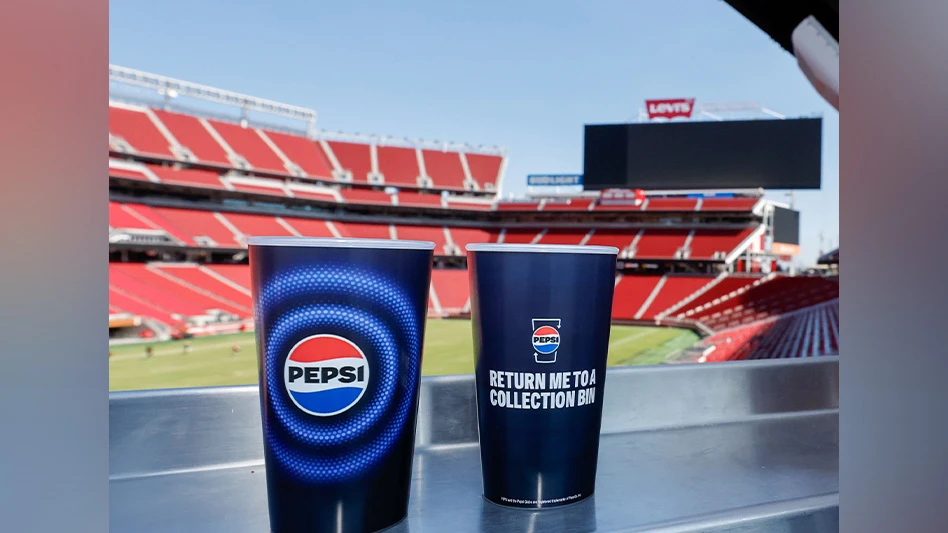
Sweed, Gold Hill, Oregon, has released a new solution for recovering copper from low-yield wire. The new Turbo Mill helps nonferrous scrap processors to separate copper wire from the plastic surrounding it.
According to a news release from Sweed, the company noticed an increasing number of inquiries about low-yield copper wire. The company decided to design and manufacture a machine that could address the gap its customers were experiencing. The new design allows for more adjustment of the process while being a much sturdier piece of equipment, Sweed reports in a news release.
The Turbo Mill beats the material around, tumbling it over to pulverize any remaining insulation, Sweed reports. The friction rips the plastic away from the copper wire, which is turned into tiny pellet-like pieces. In this shape, the balled copper flows freely like fine sand, allowing it to separate easily from the plastic; straight fine wire will nest and entrap plastic making it difficult to separate effectively.
“Our Turbo Mill effectively and efficiently processes No. 2 copper wire and other fine wire, making it easier to separate,” says Chris Salyer, Sweed’s engineering director. “Before it hit the market, the primary source for customers in the United States for a turbo mill was through international manufacturers.”
Also, Sweed’s Turbo Mill provides benefits in the copper liberation process. “Because it makes the balled copper easier to separate from the plastic, the Turbo Mill increases copper recovery,” Salyer says.

The recovered copper also has an increased purity because the process that removes it from the plastic ensures that the two materials are completely separated. “It increases your processing capability,” Salyer adds. “Without a Turbo Mill, in our entry-level chopping line, someone might use an eighth-inch screen, which allows for 1,500 to 2,000 pounds of processing per hour. With a Turbo Mill, you can use a larger 3/16-inch or ¼-inch screen, which more than doubles your throughput and lets you process 4,000 to 5,000 pounds of material every hour.”
With a line that ranges from 40 horsepower to 150 horsepower, Sweed’s Turbo Mill can integrate into any existing system. Also, once a Turbo Mill is integrated into the system, it stays simple to run and maintain, Sweed reports in a news release.
“It usually feeds right from the granulator, and only needs standard maintenance every million pounds or so,” Salyer says. “Once it’s up, it just runs itself. It just goes.”
Latest from Recycling Today
- NAW secures injunction blocking enforcement of Oregon’s EPR law
- WM opens 2 new MRFs in Ontario
- International Paper to close Washington box plant
- Cascades exits honeycomb packaging, partition business segments
- Customer focus drives Bantam Materials’ success
- ATI reports slimmer profits
- Papilo acquires Allwood Recycling in UK
- RecycleNation helps people find nearby recycling facilities
